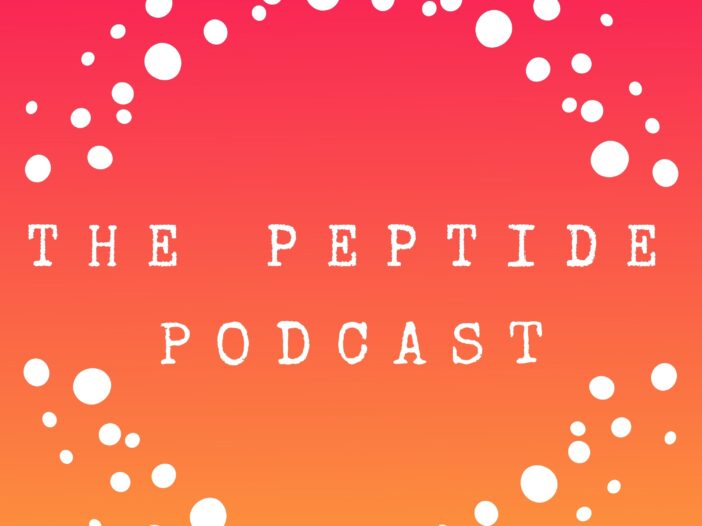
Today, we’re focusing on an often-overlooked peptide called VIP, short for Vasoactive Intestinal Peptide. The name might sound technical, but this peptide plays some important roles in the body. It helps regulate inflammation, supports nerve function, improves blood flow by relaxing blood vessels, and may even have benefits for things like chronic pain, including back pain.
Let’s get into it.
What is VIP?
We’ve talked about VIP before on a previous podcast, but it’s been awhile and I’d like to start with the basics as a refresher.
VIP is a 28-amino acid neuropeptide that acts like a signaling molecule in both the central and peripheral nervous systems. Think of it like a chemical messenger that can influence a lot of different body systems.
VIP belongs to the glucagon/secretin peptide superfamily, and it’s found throughout the body, including your brain, intestines, lungs, and immune cells.
Now, what does VIP actually do? Well it does quite a bit. VIP works by binding to specific receptors on cells—called VPAC1 and VPAC2—which trigger a chain reaction inside the body through something known as the cyclic AMP pathway. Once activated:
- It relaxes smooth muscles, which helps open up blood vessels (vasodilation) and airways (bronchodilation)
- It stimulates secretion of water and electrolytes in places like the gut and pancreas—so yes, it helps with digestion too
- It’s a major immune modulator, calming inflammation by regulating immune cell behavior
- Neuroprotective role, supporting the survival and adaptability of neurons
VIP in Medicine – What’s the Buzz?
VIP has been studied in a variety of conditions.
- Inflammatory diseases like rheumatoid arthritis and Crohn’s
- Neurodegenerative conditions like Alzheimer’s and Parkinson’s
- Autoimmune diseases like osteoarthritis
- Respiratory conditions like pulmonary arterial hypertension (PAH), asthma, and chronic obstructive pulmonary disease (COPD) or due to mold toxicity
But today, we’re zooming in on something more tangible for a lot of people—back pain.
VIP and Back Pain – What Do We Know?
Let’s get into the science here.
VIP has recently caught attention for its potential role in intervertebral disc degeneration, which is one of the top causes of chronic low back pain.
A 2024 study found that VIP receptors were significantly reduced in degenerated human discs—which is kind of a red flag. When VIP was given to mice for four weeks, researchers saw slowed degeneration, better structural proteins like aggrecan, and overall healthier discs on imaging.
Promising, right? But here’s the catch—this was a preclinical animal study. We still need human trials to confirm it works outside the lab.
VIP and Joint Pain
And when it comes to VIP and joint pain, there’s a bit more research on VIP and osteoarthritis, especially when the spine is involved.
In OA models, VIP was shown to lower pro-inflammatory cytokines—those molecules that contribute to pain and make joints hurt. But here’s where it gets complicated: some studies report that VIP accumulation in joints might actually worsen pain. So… it’s a bit of a paradox.
So what’s the takeaway? VIP can be helpful—but its role in pain management seems to depend on how much, where, and what kind of pain we’re talking about.
VIP in Peptide Therapy – Real-World Use?
In peptide clinics—especially those using integrative or regenerative medicine approaches—VIP is sometimes part of treatment protocols for nerve-related pain and inflammation. It’s often paired with other peptides like BPC-157 and TB-500.
You can find some clinics that list VIP as a go-to for chronic pain, including back pain. But here’s the reality check, clinical data is limited, success is anecdotal, it’s pricey and results can vary from person to person.
So while VIP might help reduce inflammation and slow tissue degeneration, it’s not a substitute for tried-and-true pain management peptides like BPC-157.
Thank you for listening to The Peptide Podcast. If you enjoyed the show and want to support what we do, head over to our Partners Page. You’ll find some amazing brands we trust—and by checking them out, you’re helping us keep the podcast going.
Until next time, be well, and as always, have a happy, healthy week.
Leave a Reply